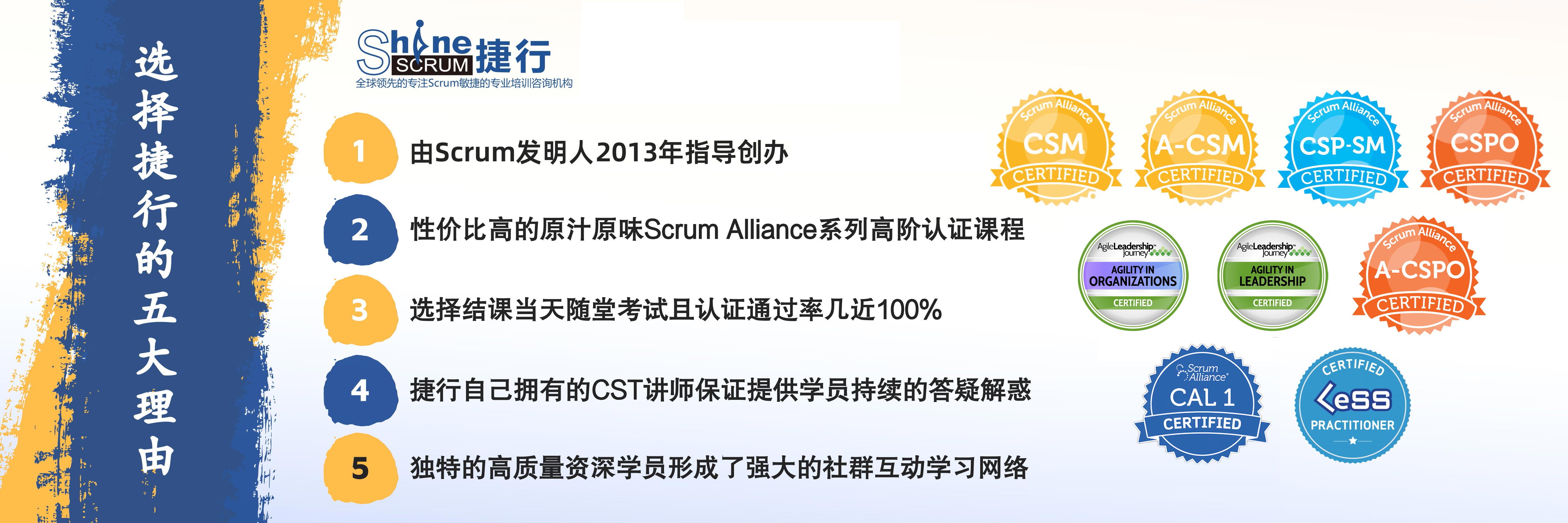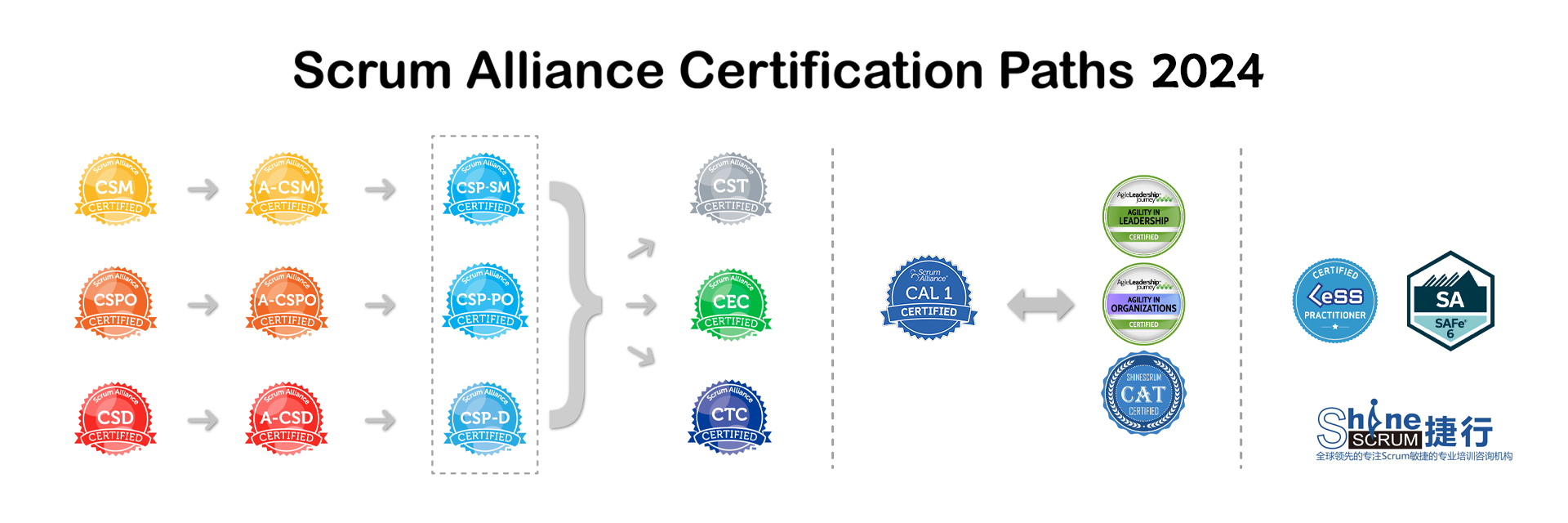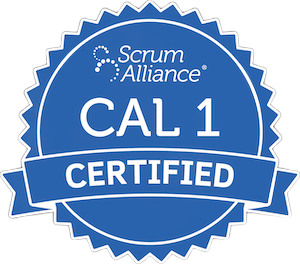Should Your Manager Be Your Scrum Master?
Image courtesy of Kim Paulin under Creative Commons license.
I was having lunch with a Development Manager at an internet product company, explaining the role and responsibilities of a Scrum Master. “The Scrum Master does much more than just facilitate meetings,” I said, “he also coaches the team to be the best team they can be: a high-performance delivery machine. And probably the hardest part of the Scrum Master role is removing roadblocks — anything that slows the team down or in any way prevents them from being the best team ever. And these roadblocks are often the organizational policies and cultural issues that require a lot of time and effort to change.” The Dev Manager immediately asked, “If the Scrum Master does all those things, then what am I supposed to do as a manager?”
(Awkward pause). I realized that I didn’t have a good answer. But since then I’ve thought a lot about this issue.
A good Scrum Master should play each of these three key roles for a team:
1. Facilitator
2. Coach
3. Roadblock remover
But wait — a good manager should also be a coach and roadblock remover. I believe those are the most valuable things a manager can do: build a better team and a better organization. So why shouldn’t the Dev Manager also fill the role of Scrum Master?
The classic objection is that team members won’t confide any challenges or problems to the person who will determine their salary & promotion. In other words, they won’t have the necessary mutual trust.
But a lack of trust — an unwillingness to vulnerable — that’s a fundamental problem of the relationship between the manager and her team. Patrick Lencioni identifies ‘lack of trust’ as the worst of the Five Dysfunctions of a Team — the one that underlies all the other dysfunctions. So forget all about Scrum in this case, and fix the trust problem.
We can overcome this objection in large part with a culture of servant leadership. Servant leaders cultivate great teams precisely by establishing trust, offering support, and removing roadblocks.
Bill Joiner and Stephen Joseph identify five stages of leadership growth in their book Leadership Agility:
1. Expert
2. Achiever
3. Catalyst
4. Co-creator
5. Synergist
Servant leadership corresponds with levels 3 to 5 in this model, so a manager at the Catalyst level or above should have the right mindset and behaviors to be a great Scrum Master.
But what about those pesky annual performance reviews? Don’t they still preclude a manager from being a good Scrum Master?
They don’t have to. Many people have made a strong case for the dysfunctions of the traditional annual performance appraisal and ranking process, where the manager decides each employee’s fate. Companies as staid as Accenture and Microsoft have famously abandoned their outdated and ineffective annual appraisal process. In it’s place, more organizations are relying on peer evaluations and transparent salary bands to determine their employees compensation.
“The art of leadership is not to spend your time measuring, evaluating,” says Accenture CEO Peter Nanterme, as reported in the Washington Post, “It’s all about selecting the person. And if you believe you selected the right person, then you give that person the freedom, the authority, the delegation to innovate and to lead with some very simple measure.”
So, yes, your manager can be a good Scrum Master, under two conditions:
1. The manager embraces servant leadership
2. The team members don’t live in fear that the manager will unfairly deny them a salary increase




























